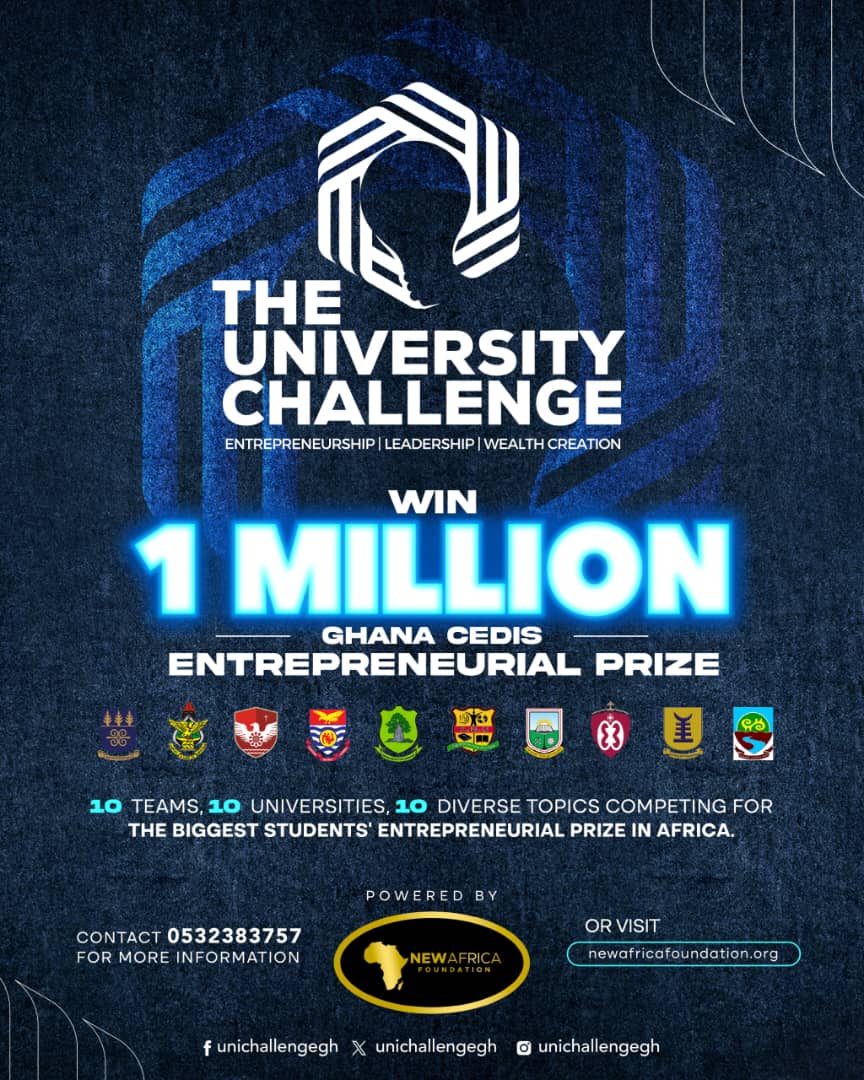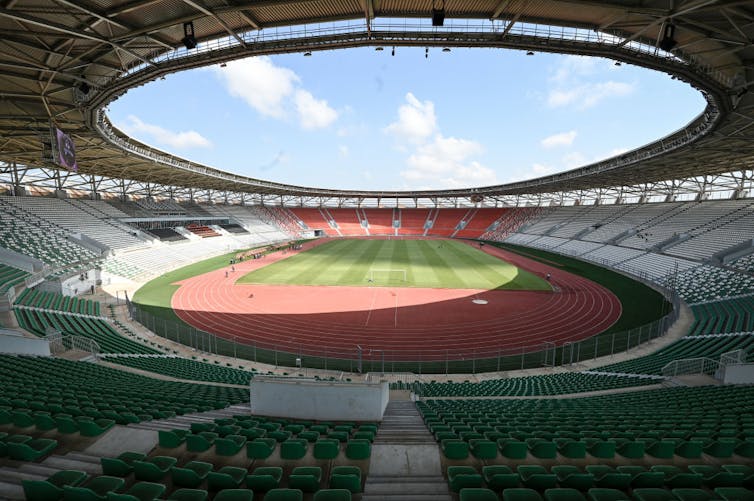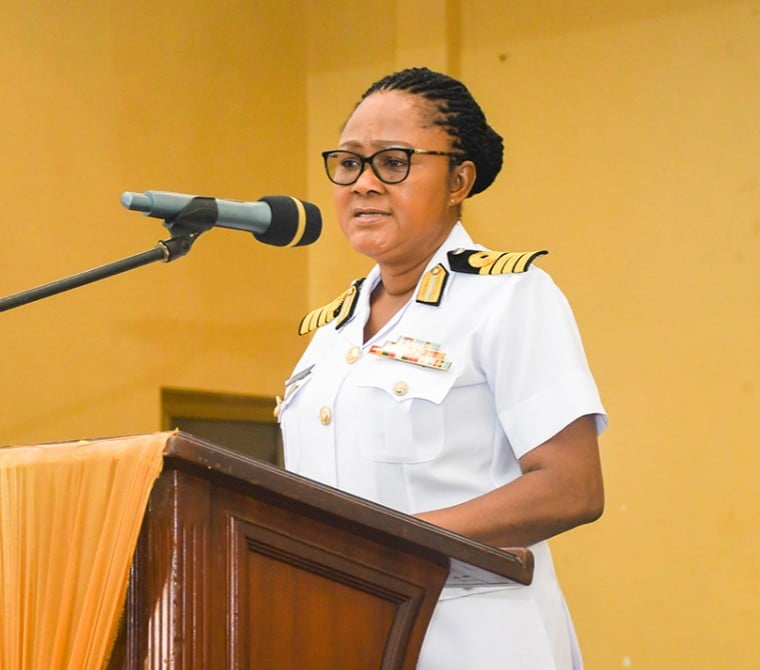
Checks by www.ghanaweb.com have shown that there are several misconceptions surrounding the purpose of the electoral exercise.
According to a research conducted by the Coalition of Domestic Election Observers (CODEO), six (6) out of every (10) Ghanaians are unaware of the December 17 elections, let alone what it entails.
Besides the fact that voter turnout in district level elections in Ghana has hovered around 40% in all previous editions, stakeholders in the upcoming referendum are fearing the misrepresentations that have characterised the purpose of the December 17 referendum will have graver implications.
Here is a news desk report on what you need to know ahead of the referendum.
Whiles the mainstay of the referendum is to decide whether article 55(3) of the 1992 constitution of Ghana should be amended to allow the active participation of political parties in district level elections through the sponsorship of candidates, things have been made to look like it is article 243(1) that the electorates are going to vote on.
Article 243(1) of the constitution states that: There shall be a District Chief Executive for every district who shall be appointed by the President with the prior approval of not less than two-thirds majority of members of the Assembly present and voting at the meeting
For obvious reasons, some of the campaigners for the amendment of article 55(3) are presenting article 243(1) as what the electorates will be voting to amend.
With the very little number of electorates that are informed on the December 17 referendum majority have been made to believe that they will be deciding whether district-level representatives should be elected at the polls by them or not.
But the decision as to whether district-level representatives should be elected by the Ghanaian electorates or not, is one that is currently in parliament with a decision yet to be reached by the law-making body.
It is important to note that an amendment to article 243(1) will not have any direct effect on article 55(3). Thus, should parliament decide that the president will no longer appoint District Chief Executives, it can still remain that political parties will be banned from participating in district-level elections, and vice versa.
The president, Nana Addo Dankwa Akufo-Addo, during the 2016 election campaign period promised to annul the appointment by District Chief Executives by the governing party.
It remains true that even though political parties are banned from participating in the district level elections, their presence and activeness have been felt in various ways during the election of MMDCEs and other district-level representatives.
This has made some groups especially political parties to argue Ghana will essentially be doing the needful should political parties be allowed to take part in the election of DCEs, Assemblymen and Unit Committee Members by sponsoring them.
Whiles it is possible to make it legal for parties to take part in district level elections, it will mean an amendment be made to article 55(1) of the constitution which is an entrenched clause, requiring the consent of “majority” of Ghanaians to change.
Therefore, when you walk into the voting booth on December 17 2019, know that your choice of a YES or a NO is a decision on whether political parties should be given the right to pick candidates and promote them to be elected as DCEs, Assemblymen or Unit Committee Members and not to decide on whether who gets into the office of a DCE, Assemblymen or Unit Committee Member should be elected by the general Ghanaian electorate.
The prerequisite for the adoption of the new proposal is that at least 40% of registered Ghanaian voters turnout to vote during the referendum, out of which 75% or more must vote YES. Read Full Story

























Facebook
Twitter
Pinterest
Instagram
Google+
YouTube
LinkedIn
RSS